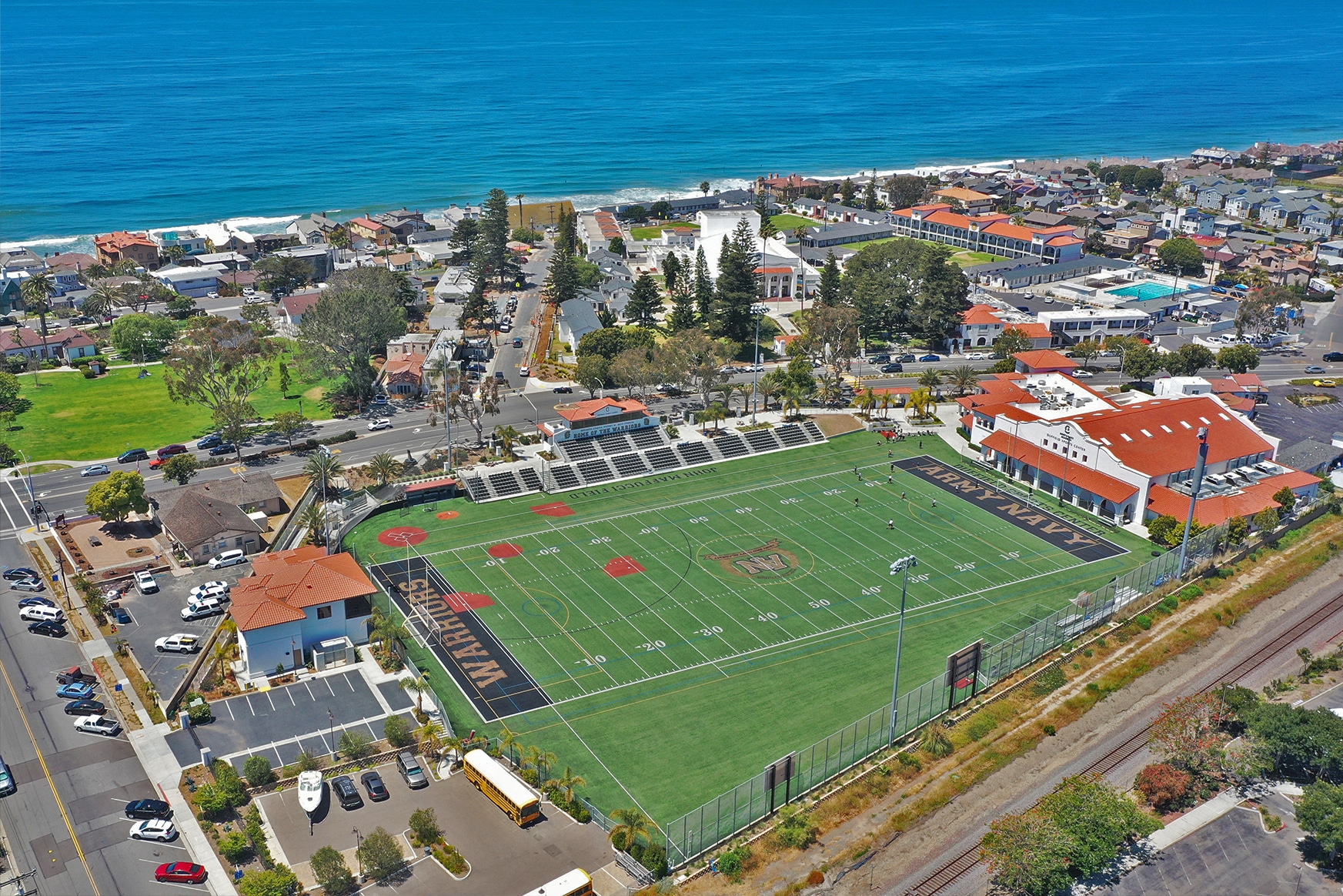For many educators working in the trenches with boys, the recent news from the Wall Street Journal (Douglas Belkin: A Generation of Men Give Up on College) highlighting a widening gap in educational achievement between males and females did not come as a surprise. For nearly three decades, researchers and social scientists have been sounding the alarm that boys are floundering in school in comparison to girls. The most up to date statistics reveal that females now make up approximately 60% of college enrollment compared to 40% of men. In addition, as an exclamation point, as of today seventy percent of high school Valedictorians are female.
COVID-19 certainly accelerated this growing divide, as a record number of men have simply decided to forgo the pathway to college completion. This trend portends a disquieting future for male educational achievement: in the coming years, two women will earn a college degree for every one man that will receive a diploma. Anyone who doubts or trivializes the often-cited refrain that there is a “War on Boys” should take note that perhaps one of the most troubling educational outcomes of the pandemic is that we are in real danger of losing an entire generation of young men. There are profound and wide ranging cultural, social, and economic consequences when men simply disengage and opt out of the educational pipeline. While we should all celebrate the advancement and success of females, it should not come at the expense or punishment of their male counterparts.
As both an educator and parent, I have had a ringside seat in observing and interacting with the educational establishment for the past 35 years. I came into the profession right as a group of feminist scholars promulgated such works as Carol Gilligan’s “In A Different Voice,” and Mary Pipher’s “Reviving Ophelia.” My colleagues and I read and discussed these and other works citing how girls were being radically short-changed in the classroom. Over the next decade or so, a growing amount of literature and research was counter-punching against that narrative and pointing to the fact that it was a statistical myth that females were being deprived of educational opportunities. Girls were routinely outperforming boys in nearly every academic category and were far less likely to drop out, be suspended, disciplined, or prescribed mood-altering medication.
Over time, scholars continued to uncover more disturbing trends in the educational achievement gap. They argued that boys were increasingly becoming more detached and disengaged from formal academic institutions. In fact, if one were to make a pithy comment about the difference between boys and girls in the contemporary K-12 education space, it would be something like, “girls are incentivized to thrive while boys are simply treated as defective girls.”
Recently, I have found that the debate within the educational establishment regarding the differences between the sexes is fraught with political correctness. It is impolite or even considered “toxic” to question the prevailing educational orthodoxy that has resulted in creating a less boy-friendly learning environment. It is viewed as poor optics these days to talk about boys as “victims.” The lack of willingness to step out and raise critical questions is unfortunate and has led to an uncritical acceptance and tolerance of curricular decisions that, in my view, have further “feminized” the classroom.
One of the reasons I was attracted to Army and Navy Academy was to get out on the front lines and be a more vociferous advocate for those boys who are currently struggling to find their way in school. At the Academy, we are intentionally designed and structured to assist boys wherever they are on their academic journey. Most families are attracted to us because we are non-judgmental regarding the previous academic experience of their sons. Students come to us with a clean slate and have the opportunity for a fresh start in a boy-centric environment. Our objective is to help boys develop the right habits and appropriate mindset to approach their academic work with a renewed sense of interest and vigor. Mistakes will be made and assignments won’t always be done to expectations. It is in these moments that we lean in and hold our cadets accountable as we push, cajole, admonish, and encourage them to dig deeper and find a way to achieve success.
While we work with a steady hand to help guide students on their academic journey, we also appreciate that some of the best learning and self-discovery happens outside the classroom. In fact, we intentionally design and create an environment where “boys can be boys”. We experiment with different ideas and try new activities, providing boys an environment where they can grow without the incessant worry that they are being judged. At the Academy, boys are bonded in a brotherhood and quickly learn to be supportive and encouraging of one another. They also come to appreciate that they are truly competing against themselves to be the best version of whatever they aspire to be. Typically, after some initial resistance to the discipline, structure, and accountability they come to appreciate and ultimately embrace the sense of routine and predictability that our school culture provides. It is this carefully crafted ethos that enables cadets to achieve success. For many of our cadets, it is often the first time that they have experienced positive outcomes in the realm of an educational institution.
Our core mission has less to do with serving boys already accelerating and succeeding in their current academic environment, although we are well equipped to accommodate such high fliers. In contrast, we are more intentional about serving students who have struggled to find their way. We put these young men in an environment where they can come to understand that they have the potential to soar! We are proud of this mission. As educational institutions have pivoted away from doing what is best to engage boys, the Academy serves as respite for those who feel ostracized and lost. Our mission or existence has never been more essential.
Mark D. Desjardins, PhD
President
Army and Navy Academy

Candace Heidenrich is the CEO of Aperture Advisory Associates, where she works with private secondary and higher education leaders to strengthen programs and practices. She founded Aperture in 2018 after more than a decade in a senior administrative role at a boarding school in California. Additionally, she held faculty and chair positions at private schools and colleges in Los Angeles and Ojai. Her background also includes director and executive level positions with start-ups and Fortune 500 corporations.
While earning her B.A. in Education and Humanities in the Lawrence Henry Gipson Scholar program, she studied abroad at Oxford before pursuing her master’s at the University of California, Santa Barbara. A frequent speaker at national conferences, she is a recognized thought leader and authority on enrollment management and marketing best practices.
